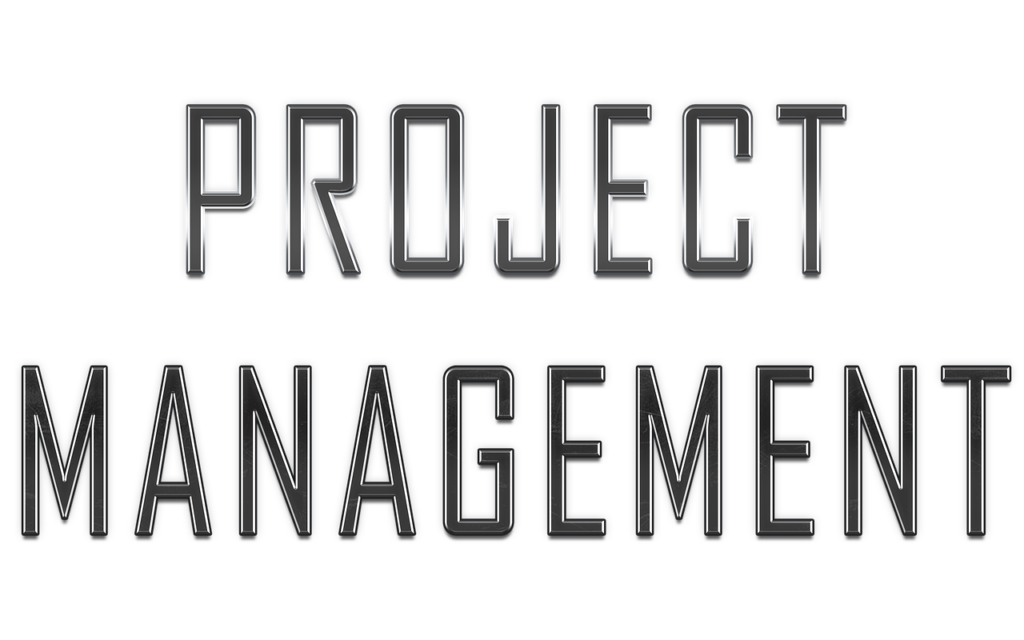Project management is a dynamic and rewarding career path that requires a blend of leadership, communication, and organizational skills. Whether you are transitioning from another profession or starting fresh, here’s a step-by-step guide to becoming a successful project manager.
Project Management Career Path:

1. Understand the Role of a Project Manager | Project Manager Job Roles
A project manager (PM) is responsible for planning, executing, monitoring, and closing projects. They ensure that projects are completed on time, within scope, and budget while meeting stakeholders’ expectations. Key responsibilities include:
- Defining project goals and objectives
- Developing detailed project plans
- Allocating resources effectively
- Managing risks and issues
- Communicating with team members and stakeholders
- Tracking project progress
2. Develop Essential Project Management Skills
To be an effective project manager, you must cultivate a diverse skill set, including:
- Leadership and Team Management: Motivating and guiding teams.
- Time Management: Prioritizing tasks and meeting deadlines.
- Communication: Effectively conveying project goals and updates.
- Problem-Solving: Addressing challenges and finding solutions.
- Risk Management: Identifying and mitigating potential project risks.
- Technical Proficiency: Using project management tools like Microsoft Project, Trello, or Jira.
3. Gain Relevant Education and Project Management Training
While a formal degree is not always required, having an educational background in business, engineering, IT, or management can be beneficial. Additionally, consider:
- Enrolling in project management courses (online or in-person)
- Earning a certification, such as:
- Project Management Professional (PMP) Certification
- Certified Associate in Project Management (CAPM) Certification
- Agile Certified Practitioner (PMI-ACP) Certification
- Scrum Master Certification
4. Free Project Management Certification Courses
If you are looking for free courses to build your project management skills, here are some great options:
- KICKOFF from the Project Management Institute (PMI)
- A free, 45-minute digital course covering project management basics.
- Access the course here
- Introduction to Project Management by the University of Adelaide
- A comprehensive beginner-level course offered through edX.
- Access the course here
- Project Management Short Course by Oxford Home Study College
- A quick introduction to project management principles.
- Access the course here
- Fundamentals of Project Planning and Management by the University of Virginia
- Covers traditional project management techniques on Coursera.
- Access the course here
- PRINCE2® Project Management – Practitioner by Alison
- Introduces PRINCE2 methodology for effective project management.
- Access the course here
Note: While these courses are free, some may charge a fee for an official certification.
5. Gain Hands-on Project Management Experience
Practical experience is crucial to becoming a successful project manager. You can gain experience by:
- Taking on leadership roles in your current job
- Assisting in project management tasks
- Volunteering for projects within your organization
- Freelancing or managing small projects on your own
6. Master Project Management Tools
Familiarity with project management software enhances efficiency. Popular tools include:
- Microsoft Project – Comprehensive project planning and tracking
- Asana – Task management and team collaboration
- Trello – Visual workflow management using boards
- Jira – Agile project management for software development teams
- Monday.com – Customizable workflow management
7. Network with Industry Professionals in Project Management

Building relationships with experienced project managers can provide insights, mentorship, and job opportunities. Engage with professionals through:
- LinkedIn groups
- Industry conferences and seminars
- Local project management meetups
8. Apply for Project Management Positions
Once you have the necessary skills and experience, start applying for roles such as:
- Project Coordinator Jobs
- Assistant Project Manager Jobs
- Junior Project Manager Jobs
- Agile Project Manager Jobs
9. Continue Learning and Advancing Your Project Management Career
The project management field is constantly evolving. Stay updated by:
- Attending workshops and training sessions
- Earning advanced certifications
- Reading books, blogs, and case studies on project management
- Learning new methodologies like Agile, Scrum, and Lean
Conclusion
Becoming a project manager requires dedication, skill development, and experience. By following this structured approach and taking advantage of free project management certification courses, you can position yourself for a successful project management career. Stay proactive, embrace challenges, and continue learning to excel in this dynamic profession.
Read More | How to Become a Product Manager: A Complete Guide
Read More | How to Become a Data Scientist in 2025: A Guide






